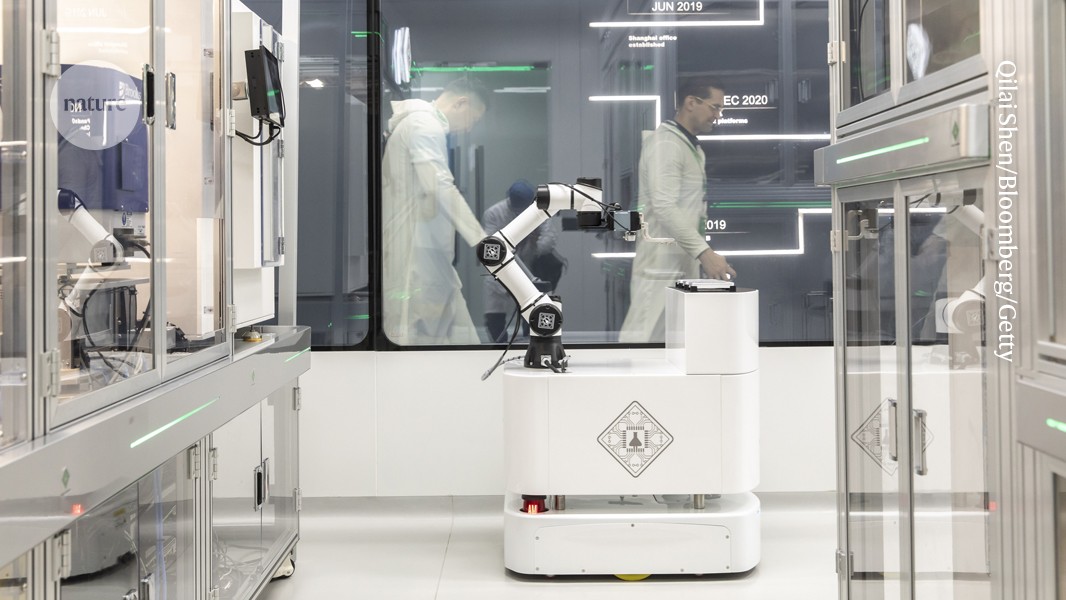
"For decades, researchers have searched for drugs by working their way through large chemical libraries, testing each compound's effect on cells that are grown in the laboratory. The approach has had success, identifying drugs that kill cancer cells, for example. Increasingly, researchers are dreaming of more complex screening methods that could harness the past decade's explosion in genomic data collected from individual cells."
"To find a tractable way of harnessing newly available genomic data, Shalek teamed up with other researchers and Cellarity, a biotechnology company in Somerville, Massachusetts. (Shalek is also a paid consultant for the company.) Together, the team trained a deep-learning model called DrugReflector on publicly available data about how each of nearly 9,600 chemical compounds perturbs gene activity in more than 50 kinds of cells."
An AI deep-learning model can use single-cell and genomic perturbation data to predict how chemical compounds alter gene-activity networks across many cell types. The model DrugReflector was trained on public datasets that describe how nearly 9,600 compounds perturb gene activity in more than 50 kinds of cells. The approach aims to replace or narrow exhaustive chemical-library screening by evaluating network-level perturbations rather than single readouts. Collaboration between academic researchers and a biotechnology company produced a system that iteratively learns from experiments. The method could speed drug discovery and lower the expense of complex screening assays.
Read at Nature
Unable to calculate read time
Collection
[
|
...
]